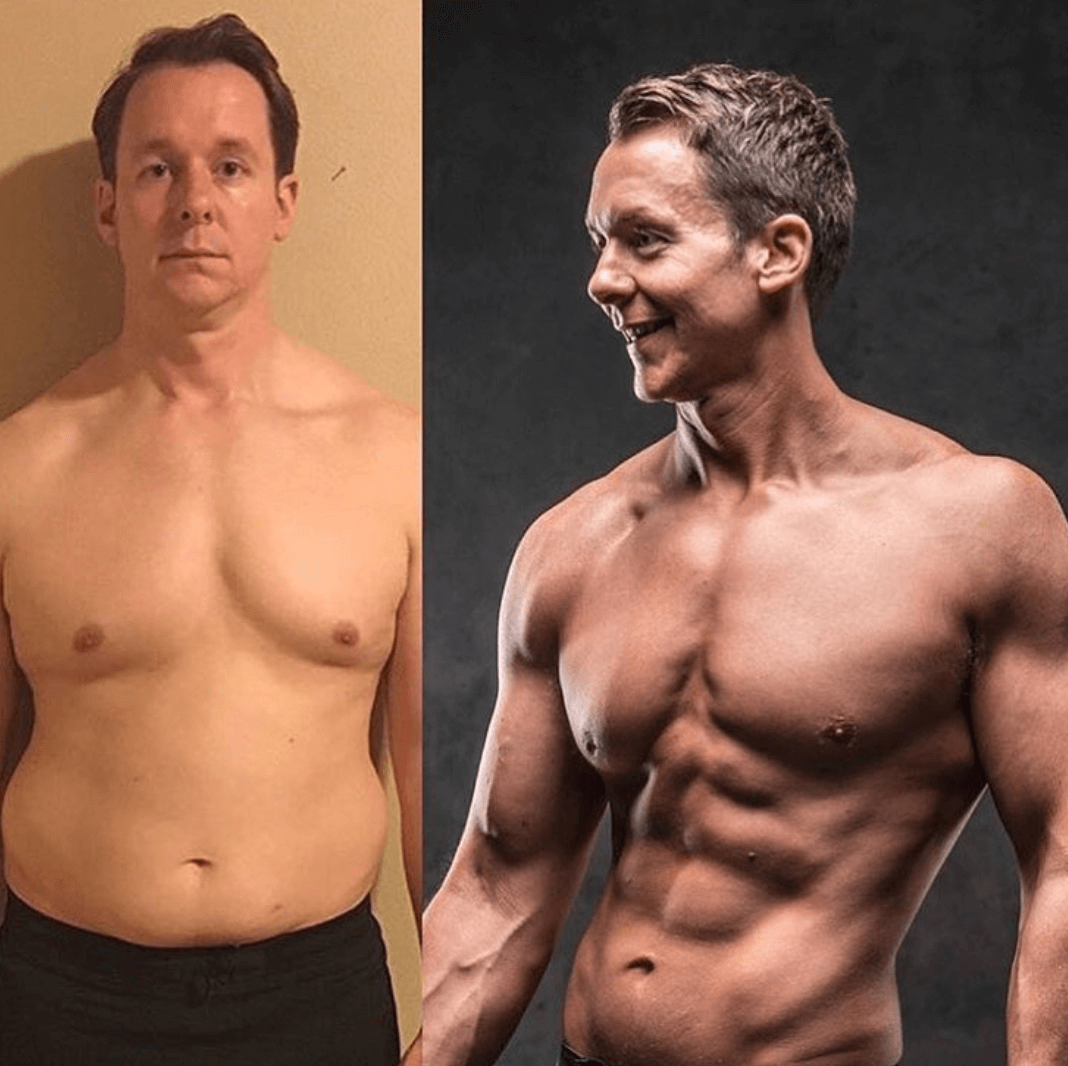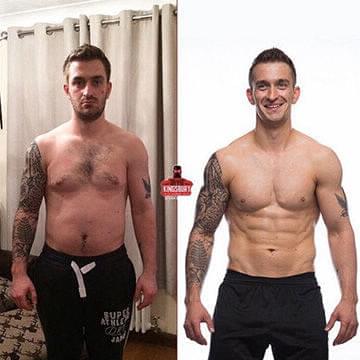Don’t Be Scared of Carbs for Fat Loss
Few foods inspire such nutritional controversy than ‘carbs’. The mass-media will have you believe that carbohydrates are the enemy. That is simply not the case. Carbs are useful for fat loss and adding muscle tone, when used correctly and timed right. Too often, neither of those things happen which results in their bad name. I’m here to change that and tell you why you shouldn’t be scared of carbs when it comes to fat loss.

People are different. You and I are different. We all have different needs, goals and objectives. There isn’t a one-size-fits-all approach that will have us all looking like the perfect specimen and that’s the same for carbs. They are all different too; there are ‘simple’ carbs (aka sugar) and there are ‘complex’ carbs (aka starch or fibre). They are found in one form or another in almost all foods and for every gram of ‘carbs’, there are 4 calories.
When it comes to losing body fat, carbs aren’t always the enemy they are portrayed to be. They have a number of benefits including:
- Boosting metabolism.
- Overcoming plateaus.
- Maintaining more muscle.
- Helping to keep cortisol under control.
- How To Use Them
So now we understand carbs a little better, let’s talk a little on how to use them. Like any sort of nutrition and training plan, they need to complement each other. It’s often when this isn’t the case, that carbs get a bad ‘rep’.
When it comes to carbohydrates, keep them focused on your training days. Only you will know when that is, but eating carbs on training days will help boost your performance, the subsequent recovery and your metabolism overall.
On your non-training days, reduce your carb intake, instead favoring proteins, vegetables and fats. This approach will help boost your insulin sensitivity and increase your fat-burning potential.
Which Carbs Should I Go For?
To be honest, when it comes to training and exercise, the important thing is to keep the fast-acting processed carbs to a minimum.
Avoid anything that is high in sugar or highly-processed foods, the so-called simple carbs. Instead, where you can, go for things like oats, sweet potato, quinoa, lentils, beans or pulses and rice.
Given how much effort you’re putting into your training, it would be remiss not to put the same amount of effort into the food you’re using to fuel your training. Knowledge really is power when it comes to nutrition.
Be aware of what is in the food that you are eating. Learn what foods are high in carbs and if you need to include any of these in your plan. Fruit, for example, is generally regarded as being ‘good for you’ but it is also high in sugar (albeit natural sugar), so its timing should be considered. It can work very well post-workout.
I can’t give you a definitive list of what’s considered to be ‘good’ and ‘bad’ when it comes to your training regime. No-one can. All I can advise is that you understand how the food affects your training efforts and how to use them to your advantage. It’s also why I put so much emphasis into food and nutrition when it comes to creating customised training plans for my clients. If you want your very own plan, just let me know!










